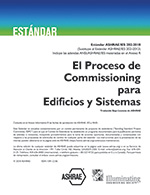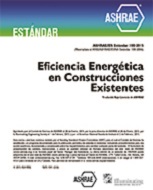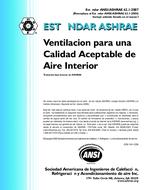Description
A study of the primary effects of various means of refrigerant mass flow rate control and capacity control on the seasonal performance of a heat pump was made. The heat pump performance characteristics considered in this study were determined by computer simulation. Four basic means of refrigerant mass flow rate control were simulated: 1. Superheat control. An expansion valve responding to the amount of superheat downstream of the evaporator is used as the throttling device. 2. Capillary tube control. A capillary tube is used as the throttling device. 3. Evaporation pressure control. A variable orifice expansion valve responding to the evaporation pressure is used as the throttling device, or a limited refrigerant charge is used with a fully opened throttling device or capillary tube. 4. Variable-speed compressor. An inverter-controlled variable-speed compressor is used.
The study indicates that the use of a variable-speed compressor rather than a single-speed compressor may improve the seasonal performance factor significantly and result in an annual energy saving increase of approximately 5%. The study also indicates that limiting the capacity of a heat pump by means of an expansion valve responding to the heating load may not improve the seasonal performance factor.
Units: Dual
Citation: ASHRAE Transactions, 1987, vol. 93, pt. 2, Nashville, TN
Product Details
- Published:
- 1987
- Number of Pages:
- 14
- File Size:
- 1 file , 1 MB
- Product Code(s):
- D-NT-87-3085




